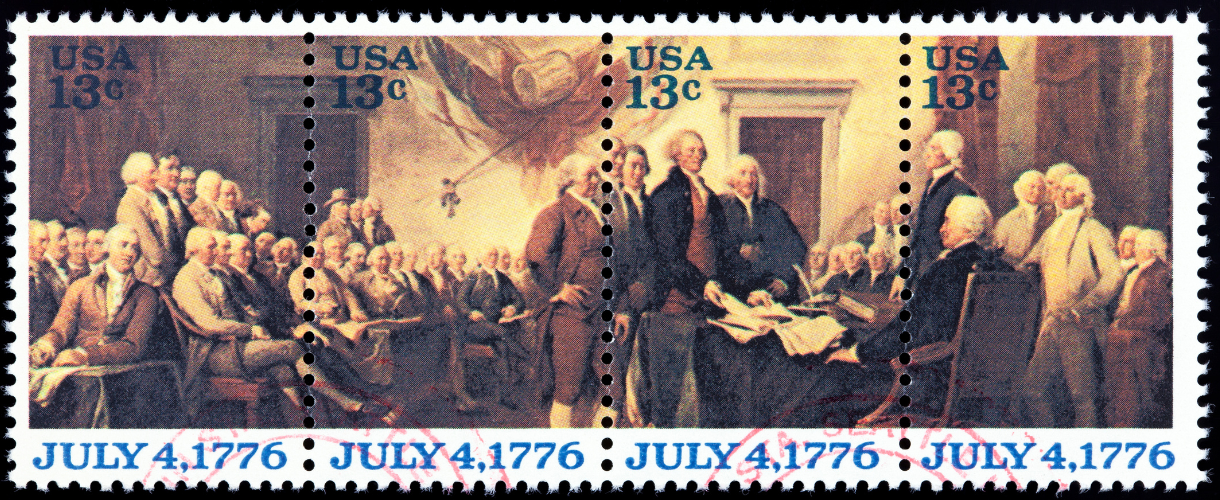
Cooking Up Change: Higher Ed Lessons from Julia Child
The ethos of Julia Child's teaching—embracing innovation, learning from mistakes, and engaging audiences with authenticity—can profoundly drive the trajectory of online higher education. As we face a future brimming with digital potential, it's imperative that educational institutions imbibe these lessons, transforming to meet the needs of a globally connected, ever-changing student demographic.

What is a SWOT Analysis?
Ever wonder why a SWOT analysis is critical in higher education strategic planning? Uncover how regular self-assessments can lead to innovative strategies and help organizations navigate challenges. We're covering real-world examples, including Tesla's operational issues, to understand the impact of proactive planning versus reactive responses in education management.

Beyond the Bench: The Legacy of a Balanced Life
Justice Sandra Day O’Connor’s legacy transcends her defining legal decisions; its true weight is in the reminder that people, with their hopes, dreams, and opinions, are the heart of the law. She believed in a world where the law provided equal opportunity for all and knew that ambition without humanity leads to a fundamental imbalance in society.

Accreditation Doesn’t Have to Be Scary
Remember, accreditation is here to make you better, not to give you nightmares. Plan, persevere, and maybe throw in a horror movie marathon to remind yourself that, even when a case of the accreditation scaries sets in, there still aren’t any clowns around—things could always be worse.

From Appetizers to Accreditors: Serving Up Quality
Higher education institutions that see accreditation as an obstacle to innovation or as a necessary means to an end tend to experience more (and, often, avoidable) challenges. Conversely, institutions that embrace the accreditation process as a chance to better serve their students tend to thrive.

What Does the 4th of July Mean to You?
At the end of the day, our own Life, Liberty, and Pursuit of Happiness are intrinsically tied to those of our fellow Americans. When we view our fellow countrymen as co-laborers in constructing freedom and equity, we can find common ground, and we can recognize our collective value.
